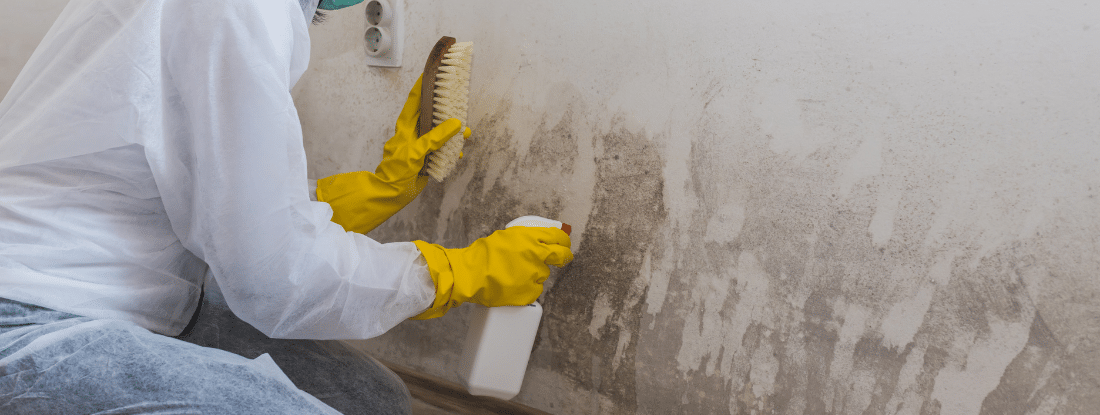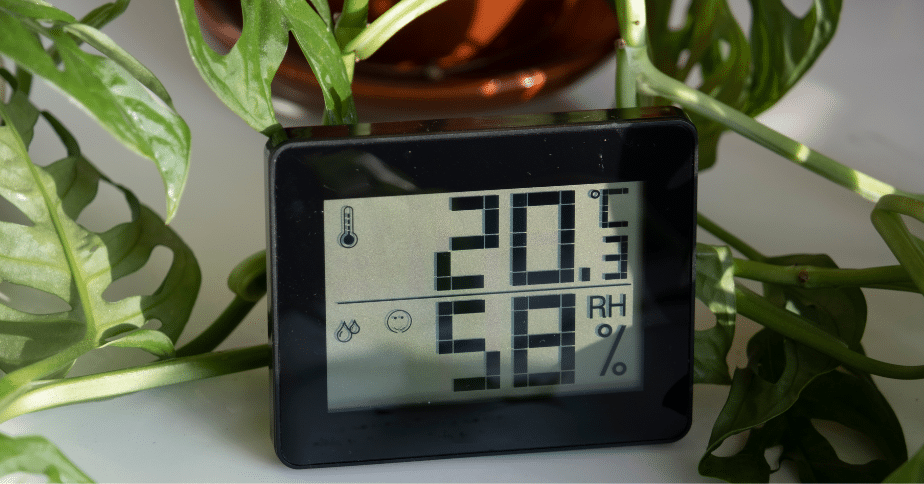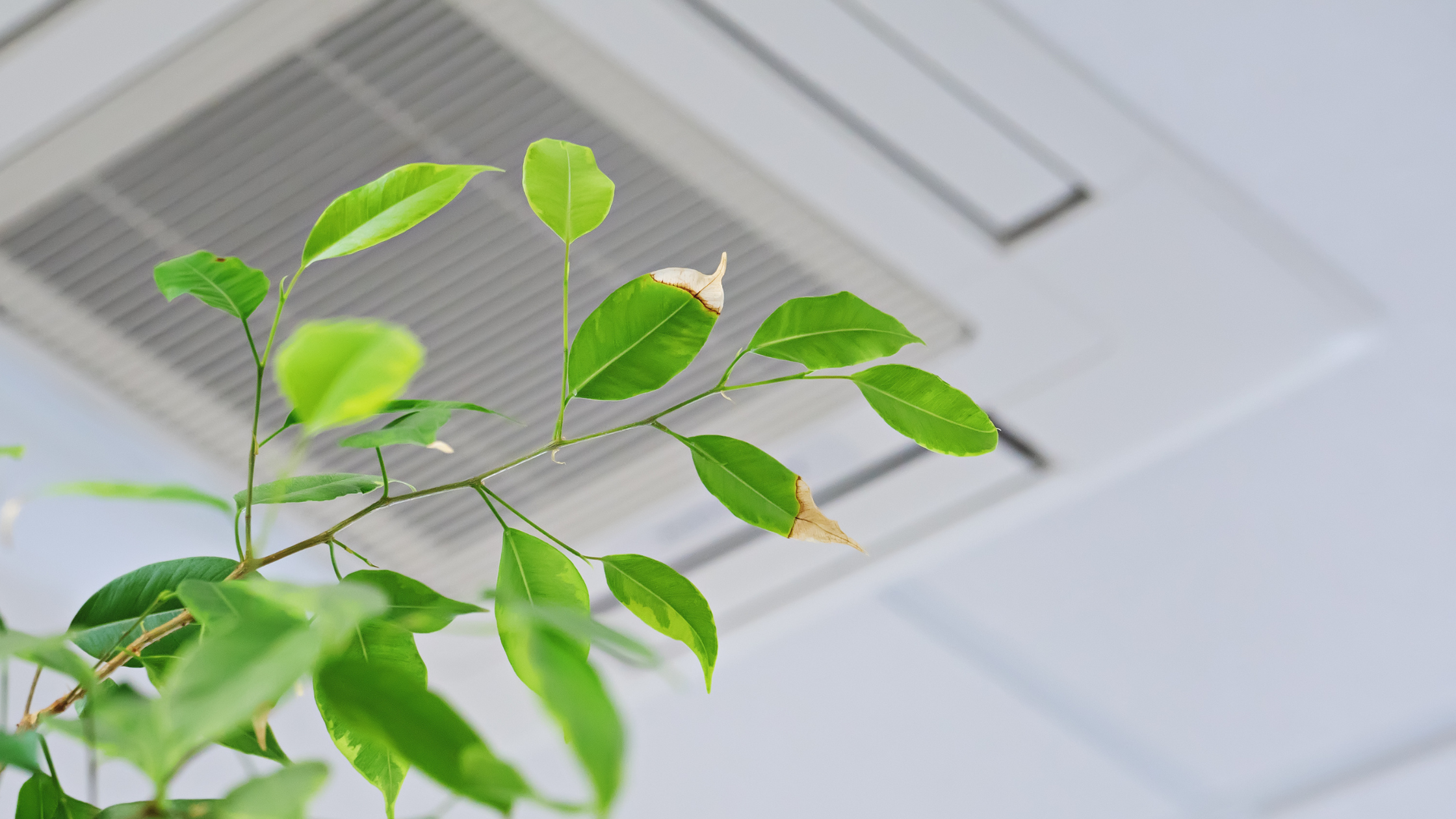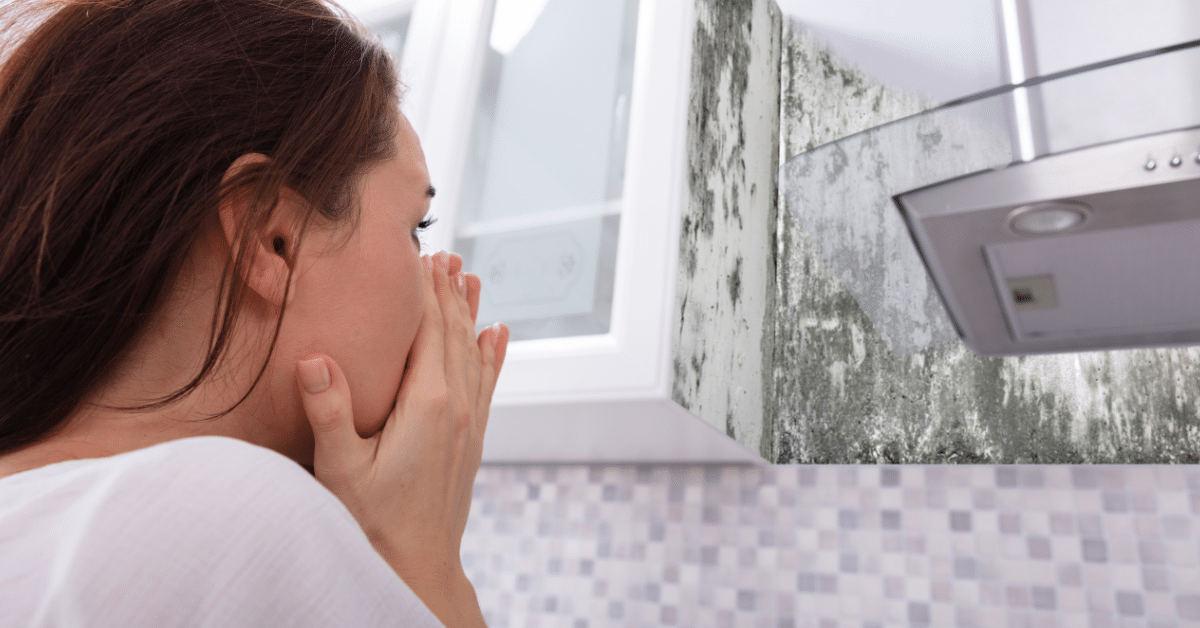Florida Mold Remediation Guidelines

Every state is different when it comes to mold laws. However, Florida has a few things to say specifically about mold remediators. If you are looking for a mold specialist to remove a mold problem from your home, make sure you look for one with the right qualifications.
What Are Florida’s Mold Remediation Guidelines?
Now, keep in mind that Florida’s mold remediation guidelines are different from Florida’s mold-related standards of practice. “Standards of practice” refers to the legal obligations of your independent contractor, while the remediation guidelines indicate what your contractor must do to become a legal mold remediator. Following are those criteria.
1. A mold remediation specialist must have an education.
Florida guidelines state that mold remediators must have the equivalent of a high school diploma as well as 4 years of experience in a mold-related field. Or, the remediator must possess “a 2-year degree in microbiology, engineering, architecture, industrial hygiene, occupational safety, or a related field of science” as well as a full year of experience in a mold-related field.
A proper background education offers credibility and accountability to your mold remediator’s business. After all, you want someone who has studied the field and knows what they are doing!
2. A mold remediation specialist must have experience.
As already mentioned, Florida guidelines do expect mold remediation specialists to possess some experience in the industry before becoming an independent contractor. That said, whether it was the law or not, you should always look for a mold remediator with plenty of experience. The more time in the field that your contractor has had, the less likely they are to have trouble removing your mold problem.
If you aren’t sure about a remediator’s level of experience, it is a good idea to check customer reviews. Always get referrals and recommendations when looking for a new business!
3. A mold remediation specialist must have a license.
Not every state requires a mold remediation license, but Florida does. To prove that they are knowledgeable, educated, and experienced in mold remediation, individuals must pass a professional examination before receiving their license. This license certifies that the individual meets all Florida guidelines pertaining to mold remediation and independent contractors.
4. A mold remediation specialist must continue their education.
Licensing in Florida is not “one and done.” Rather, mold remediation specialists must continue their education throughout the duration of the career. To renew or keep their mold license, an individual must take 14 hours of additional classes in two years.
Not only does furthering the education renew their mold license, but mold remediators benefit from staying up-to-date on industry-related news.
Mold Remediator V. Mold Assessor
It is important to distinguish between the two different occupations of remediator and assessor. The mold assessor tests for and identifies a mold problem, while the mold remediator removes the problem afterwards. In Florida, the mold assessor cannot legally perform the remediation work to prevent dishonest testing.
This law would fall under “standards of practice,” which simply exist to protect your home, health, and money.
How Can Air Quality Assessors Help?
Mold, dust, and other pollutants lower your indoor air quality and weaken your immune system. If you notice that you have a problem with mold or mildew in your home, it is best to enlist the help of a professional. Contact AQA if you have any questions or concerns about mold in your home or business. With their combination of experience and knowledge, you can be assured that everything will be handled properly.



